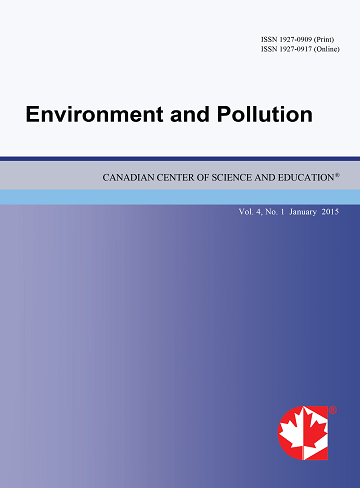Risks of Domestic Underground Water Sources in Informal Settlement in Kabwe – Zambia
Abstract
Informal settlements are a hot spot for disaster risks worldwide. They are characterised by limited provision of basic services. Water being a critical life support resource is not adequately provided. Residents usually rely on unsafe water sources of hand dug wells. Pit latrines are a major facility for sanitary purposes. Further, informal settlements high population density residing in poor housing units is a common characteristics. Risks of underground water pollution are high due to the proximity of sanitation facilities to unprotected shallow wells increasing the possibility of feacal contamination by ecoli and coli form. This paper presents a case of Makululu informal settlement in Zambia. A total of 385 respondents were identified at random while purposive sampling identified key informants. Water samples collected from 12 hand dug wells located close to pit latrines were tested for coli form and ecoli. Testing was done before and after the rainy season to analyse the relationship between pit latrines and wells as well as the relationship with rainfall distribution pattern to ascertain levels of risks. Water was tested to determine the levels of contamination based on the presence of ecoli and coli form. Laboratory results indicated that 90 percent of water consumed in Makululu informal settlement is highly contaminated by faecal coliforms.
 PDF
PDF
